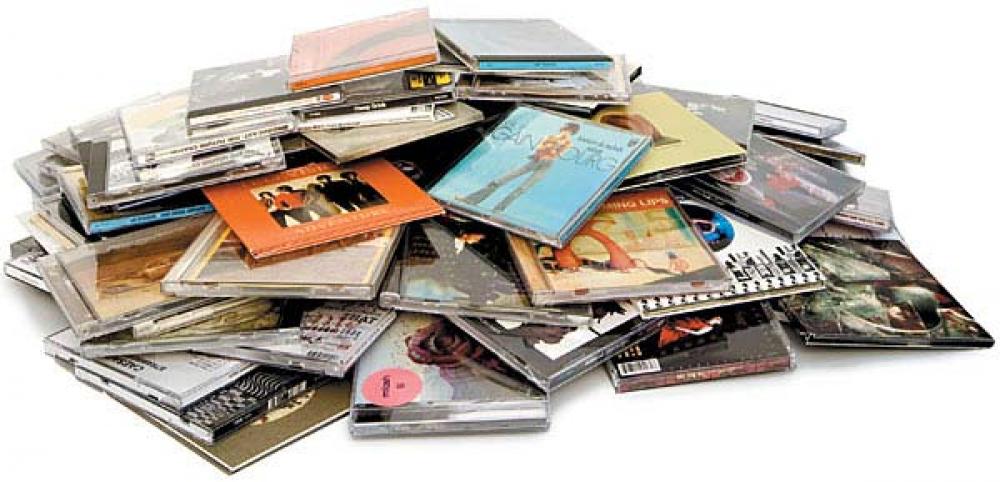

- #Artist and repertoire representative full#
- #Artist and repertoire representative license#
- #Artist and repertoire representative plus#
- #Artist and repertoire representative download#
I also predicted Tencent might do the buying if WMG does land on the stock market, let’s see if the Chinese company makes an institutional acquisition of shares.) (Well, I say “shocked the music industry,” but a month ago, in Rolling Stone, I predicted that Blavatnik would cash in a minority stake in WMG this year. And at least one of their ranks, as demonstrated below, is keeping a smaller portion of the money it generates each year, as the artists’ share continues to swell.Įarlier this month, Warner Music Group shocked the industry by announcing its intention to go public on the New York Stock Exchange, in a move that will see owner Len Blavatnik attain a company valuation many multiples higher than the $3.3 billion he paid for WMG in 2011.
#Artist and repertoire representative plus#
This transformation, driven by the artist-empowering explosion of Spotify, SoundCloud, et al., plus the natural erosion of traditional media’s influence, is a potential future danger for the majors, should they not counter against it.

That’s always been the adage, but the mathematical formula is a little bit more complicated now.” Stringer added: “It’s a balancing act between how much we spend on talent and how much we get back.

#Artist and repertoire representative download#
As Sony Music Group chairman and CEO Rob Stringer said at a Goldman Sachs conference last September: “It’s much more expensive today to sign talent than it was six months ago, and it’s way more expensive than two years ago - and going back to the 2000s, the download era, it’s not even comparable.”
#Artist and repertoire representative license#
If major labels do want to achieve a 50 percent or upward royalty level - let alone license rights for a decade-plus - they have to pay stars an eye-watering amount for the privilege. Increasingly, for global megastars, major labels are actually agreeing to a minority of royalties. These days, that’s all changed: A more typical major deal with an established star (or even a fast-rising new independent talent) will see rights ownership revert back to the artist much sooner, with a baseline 50/50 (profit share) royalty deal.
#Artist and repertoire representative full#
(Universal is either providing marketing and distribution services to Swift on a work-for-hire basis, or, more likely, she’s signed a short-term licensing deal for Lover, after which full control of her rights will land back in her grasp.)Īs recently as 20 years ago - when physical goods still ruled the music industry and when breaking through on radio was your only real shot at success in the States - record labels typically offered a contract whereby the artist got an upfront check, but the label got lifetime ownership of rights and 80-plus percent of royalties. To date, the apotheosis of this story has come from Taylor Swift, who confirmed that in her deal with Universal/Republic Records she outright owns the masters for Lover and its expected successors. But we do know this: Such additions and caveats speak volumes about a modern music industry where artists (and/or their representatives) are getting paid a bigger cut of royalties than ever - and are giving away their rights for shorter durations. Without seeing the contracts of each of these artists, we can’t know the exact nature of their record deals. Drake and Future’s “Life Is Good” is signed to Sony’s Epic, but via Future’s own label, Freebandz Nicki Minaj’s “Yikes” is claimed by Universal’s Republic Records, but via both Cash Money and Young Money - the latter being the imprint founded by Lil Wayne in 2007 Justin Bieber’s “Intentions” is out on another Universal label, Def Jam, but in tandem with Raymond-Braun Media Group (RBMG), the label co-owned by Bieber’s manager, Scooter Braun, and Usher. If you want a snapshot of the confusing and camouflaged nature of the modern record deal, check out the top tracks in the Rolling Stone chart today - and then go take a look at their details on Amazon.Īt least three of the artists involved are not on simple, straight-up deals with major record companies.


 0 kommentar(er)
0 kommentar(er)
